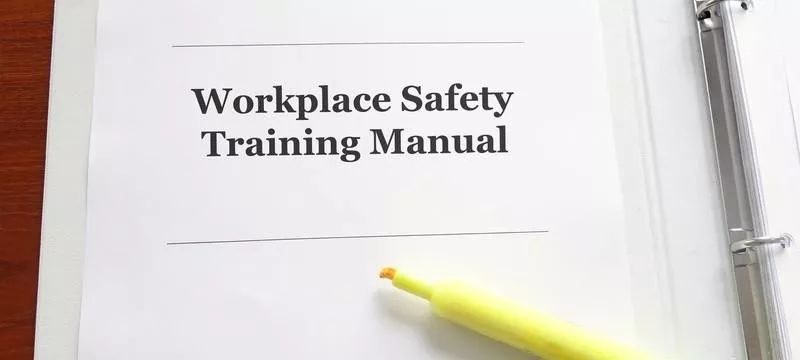What to Look for in a Safe Employer
When you’re looking for a new job, it’s easy to let safety considerations slide down your list of “musts.” After all, with compensation, commuting distance, and the opportunity for growth at play, safety can seem almost like an afterthought—something you assume any employer would value.
Unfortunately, many employers take a loose approach to safety. Maybe they’re unaware of Occupational Health and Safety Administration (OSHA) regulations. Sometimes they fail to understand that a safe company is ultimately better for business and better for their bottom line. Most commonly, however, they simply take a reactionary approach to safety—only addressing issues after an employee gets hurt or sick.
Considering you’ll spend 8, 9, or even 12 hours a day at your workplace—whether that’s in an office, a warehouse, a manufacturing plant, or out in the field—it’s worth your time to make sure your potential employer values your health and well-being. Here are some things to look for:
Signs of a safe environment
When you visit a potential workplace for your first interview, make sure you get a chance to look around where you’d work. The space should be clean, tidy, and designed for the work you do. Floors should be even and kept clear. There should be good lighting and ventilation, and entries and exits should be clearly marked. See if you can spot required OSHA signage—it’s a red flag if a company has posted it in a hard-to-find location or not at all.
Proof of a safety culture
For many businesses, especially smaller ones, safety has the potential to be a powerful recruiting tactic. During your job hunt, look for an employer who’s proud to brag on a stellar safety program. Many companies integrate safety training into new employee orientations and then continue the work with regular updates and refreshers. Walk-throughs help spot potential safety issues before they become an issue. Management modeling helps demonstrate that safety is a part of the company culture. After all, employers also have an interest in maintaining a safe environment. It keeps them in compliance with regulations and helps limit lost productivity due to injuries and illnesses—not to mention workers’ comp claims.
Safety in numbers
If your industry is a potentially dangerous one, involving, say, heavy equipment, long hours, or heights, your potential employer shouldn’t shy away from answering your questions about company safety records. Reactive employers may not want to discuss what they see as blips on the record, failing to understand that their unsafe practices will only create more accidents. An employer who values safety, however, will be upfront here—able to discuss the risks of the profession and the measures they take to avoid injuries. A potential employer’s reaction to safety-related questions can also help show whether they’ve created a true culture of safety or simply scheduled a training or two to demonstrate compliance. At a truly safe workplace, employees—no matter their level—can feel comfortable coming to management with concerns.
Workers compensation lawyers in Atlanta, Ga
If you’ve been injured in a workplace accident, you need to speak with an Atlanta workers’ compensation attorney. Contact the law offices of Laura Lanzisera today for a free consultation.
